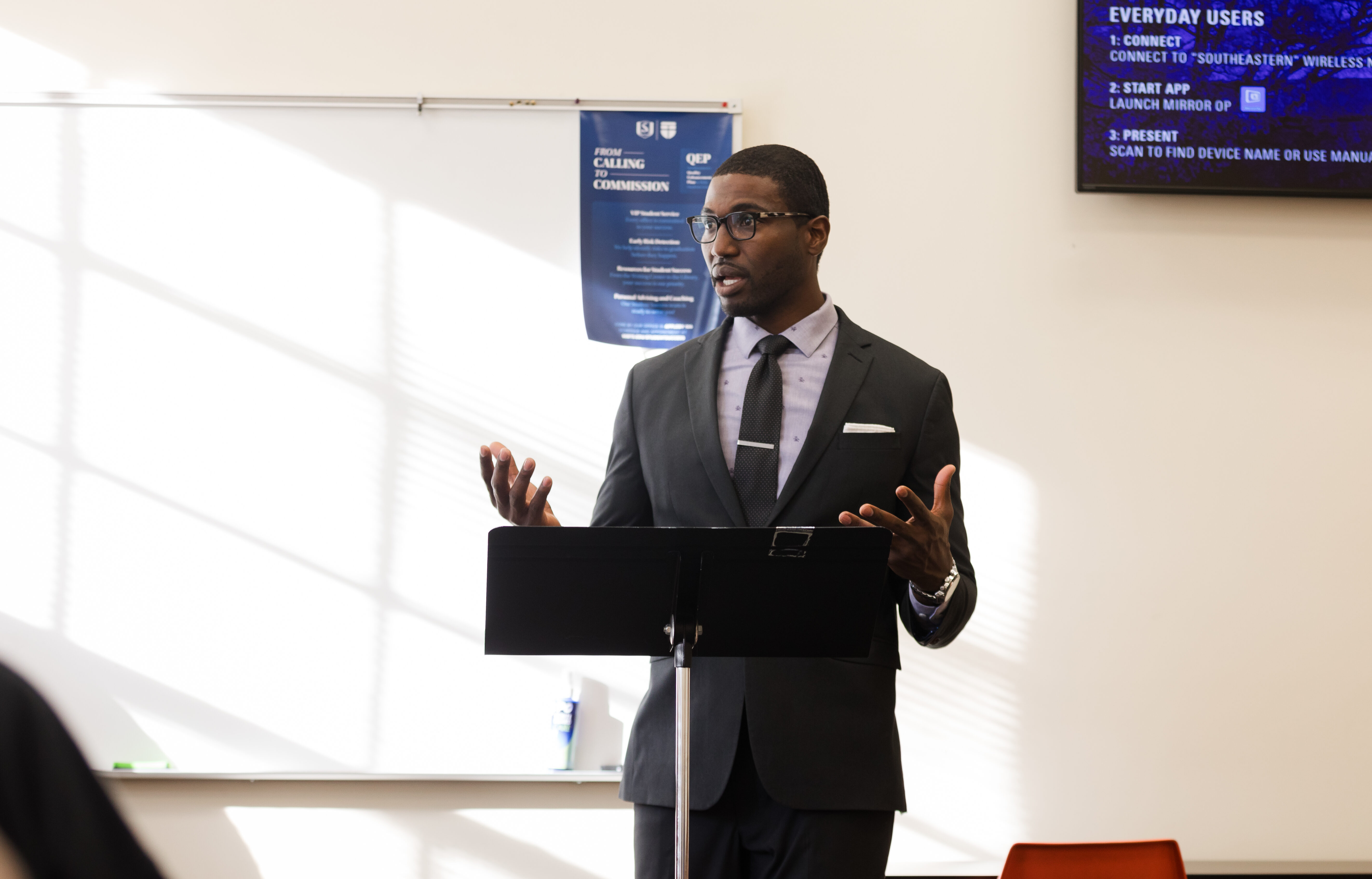As a professor at a Christian university, I spend most of my time around undergrads and grad students between the ages of 18 and 25. Almost all of these young adults are believers, and most of them are maturing in their faith. Nearly all of them desire to be married one day. As best as I can tell, they have a biblical understanding of the nature, meaning, and boundaries of marriage. And yet, very few of them are comfortable with the idea of getting married “young.”
There are some exceptions, of course. I have four young friends who are getting married this summer before beginning their senior years of college. But that is not the norm. What I hear far more often from Christian collegians is that singleness should be prolonged intentionally until at least the mid-20s. There are degrees to earn first, these frequently including graduate degrees. There are jobs to be secured and often a certain desired income level to achieve before marriage is feasible. These priorities are often driven by parental expectations, but not always. Plenty of students think this way independent of their parents. Sociologist Mark Regenerus has reflected on these and other trends in his research on Christian marriage.
In Scripture, marriage is rooted in the creation order (Gen. 2:18-25), is a blessing from the Lord to be honored (Prov. 18:22, Heb. 13:4), and is an image of the gospel (Eph. 5:22-23). While some people are called to singleness (1 Cor. 7:6), the biblical norm for most adults is marriage. Not surprisingly, when marital priorities align with biblical teachings, couples, families, and even communities tend to thrive. As Bradford Wilcox demonstrates in his excellent recent book on marriage, there is a strong correlation between marriage and human flourishing.
Of course, it takes both a husband and a wife to make a marriage. Some long for marriage but never find a mate, while others do not meet their spouse until much later in life. I want to be clear, I am not writing to folks in these situations. Rather, I am writing to believers between the age of 18 and 25 who are not presently taking any meaningful steps toward marriage but are instead waiting for other milestones to be accomplished before they really begin to think about looking for a husband or wife. If that’s you, make sure your reasons for delaying the pursuit of marriage are rooted in biblical wisdom rather than worldly patterns of thinking.
Every individual and couple is unique, so I don’t think hard-and-fast rules are particularly helpful. However, I do think there are at least three general principles that can help Christian young adults think about the timing of marriage—even if they are still in their teens or early twenties. I’ll frame them as questions.
First, are you looking for the right spouse?
When I ask this, I mean seeking intentional relationships that are meant ideally to lead to marriage rather than just “playing the field” or “dating around.” I mean seeking an individual with whom you sense a deep compatibility, including spiritually (2 Cor. 6:14). I mean seeking out someone whom you believe could potentially be the mother or father of your future children. Men: show some courage and ask that woman out. Ladies: do not keep your buddy in the “friend zone” when he is exactly the sort of man whom you want to marry.
Second, are you moving meaningfully toward independence?
I do not necessarily mean completing all your degrees, paying off your student loans, earning a middle-class salary and purchasing your first home. Those are arbitrary milestones that reflect American societal values more than Scripture. Biblically, marriage is about “leaving and cleaving” (Gen. 2:24) more than it is achieving a particular lifestyle. This is why the traditional marital vows include the promise to remain committed to each another “for richer and for poorer.” Listen, if your parents are going to help pay for your graduate degree anyway, consider letting them do this while you are a poor newlywed instead of a dependent single.
Third, are you seeking biblically wise counsel about marriage?
Let those around you who know you best and who are most spiritually mature speak into your hopes and plans for marriage. Then, compare their advice to the Scriptures. Let your spiritually mature friends “set you up” with someone of the opposite sex whom they think you would enjoy getting to know (and to help you escape bad relationships!). Love your friends enough to return the favor.
I do not think the Bible mandates that we should marry young, or old, or somewhere in between. I also do not think that there is a particular age that is perfectly ideal for marriage. But I also cannot find any biblical evidence that you must have everything figured out—in ways that reflect twenty-first century middle class American values—before you can even begin to pursue marriage. So, prayerfully consider the three principles I mentioned above. And, if you sense the Lord is in it, do not be afraid to just get married.






No comments have been added.